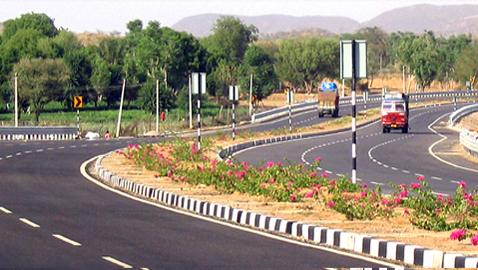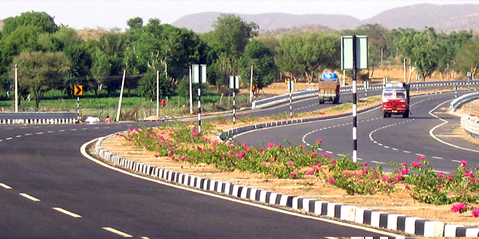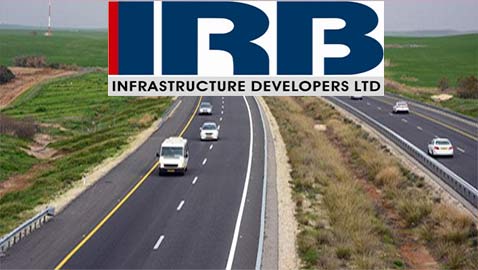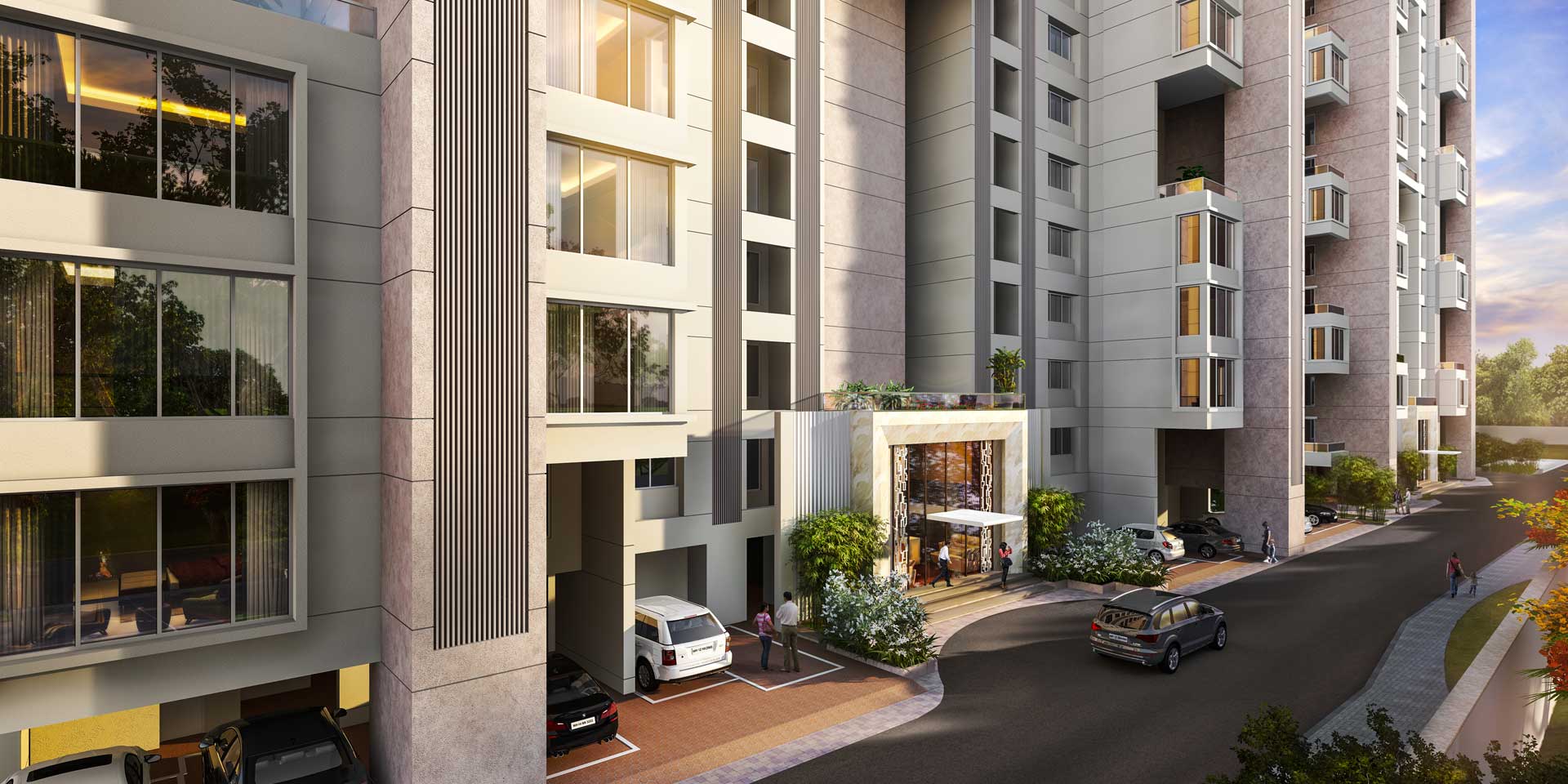
India’s Finance Minister Arun Jaitley proposes to increase investment in infrastructure by Rs.70,000 crore in 2015-16 over 2014-15 from central government funds and resources of central public sector enterprises.
Justifying the hike in his second budget presented on February 28, the finance minister said that the current state of infrastructure did not match the country’s growth ambitions and hence he had increased outlay for roads and gross budgetary support for railway by Rs.14,031 crore and Rs.10,050 crore, respectively. The capital expenditure of public sector units is expected to be Rs.3,17,889 crore, an increase of approximately Rs.80,844 crore over RE 2014-15.
Jaitley also said that he intended to permit tax-free infrastructure bonds for projects in the rail, road and irrigation sectors and revisit and revitalise public-private partnership mode of infrastructure development.
The finance minister announced the setting up of a National Investment and Infrastructure Fund with an annual flow of Rs.20,000 crore. This will enable the Trust to raise debt and in turn invest as equity, in infrastructure finance companies such as Indian Railway Finance Corporation Ltd and National Housing Bank. The infrastructure finance companies could then leverage this extra equity, manifold.
The Indian government also proposes to set up five new ultra mega power projects, each of 4,000 MW, in the plug-and-play mode. Jaitley assured that all clearances and linkages would be in place before the project was awarded through a transparent auction system. This would unlock investment to the extent of Rs.1 lakh crore. He said that the government would also consider similar plug-and-play projects in other infrastructure projects such as roads, ports, railway lines and airports.
The finance minister counted five major challenges facing the Indian economy, namely agricultural income under stress, weak private sector investment in infrastructure, decline in manufacturing, resource crunch in view of higher devolution in taxes to states, and maintaining fiscal discipline.
Meanwhile, the budget has allocated an initial sum of Rs.1,200 crore for the Delhi-Mumbai Industrial Corridor project. As a result, the Ahmedabad-Dholera Investment Region in Gujarat and Shendra-Bidkin Industrial park near Aurangabad, Maharashtra, will now see commencement of work on basic infrastructure. Additional funds would be provided for the industrial corridors as the pace of expenditure picks up.











